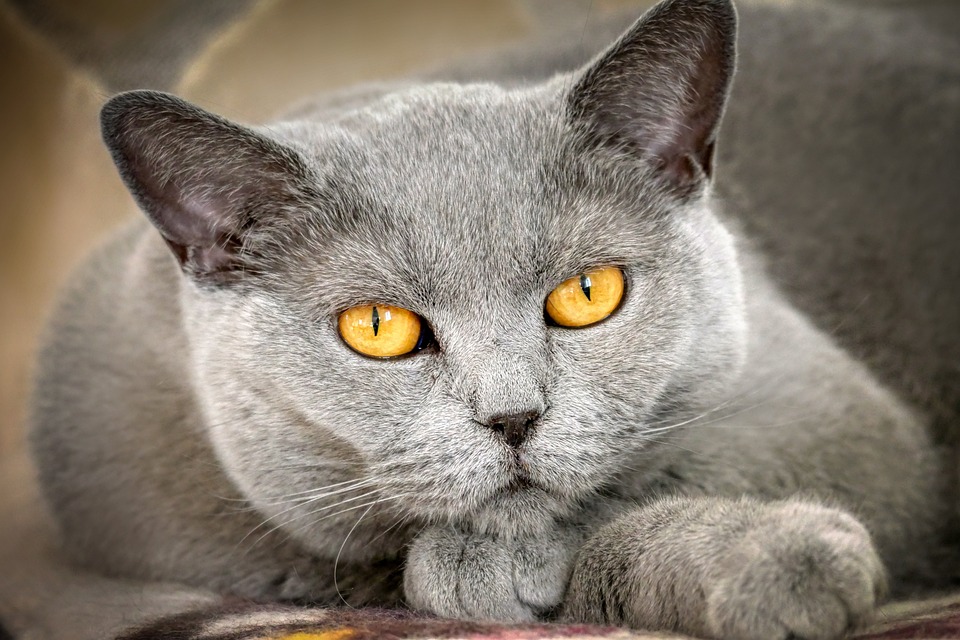Cat Vaccination Schedule: What Every Pet Owner Should Know
Everything You Need to Know About Vaccinating Your Feline Friend
As a responsible cat owner, it’s crucial to understand the importance of vaccinations in maintaining your cat’s health and preventing the spread of infectious diseases. In this article, we will delve into the cat vaccination schedule, discussing the core vaccines, their benefits, and answer some frequently asked questions to help you make informed decisions about your cat’s well-being.
Understanding Cat Vaccinations
Vaccinations are essential to protect your cat from various diseases caused by viruses, bacteria, and other pathogens. Vaccines work by stimulating your cat’s immune system to produce antibodies against specific diseases, creating immunity and preventing illness or reducing its severity.
Core Vaccines for Cats
Core vaccines are recommended for all cats, regardless of their lifestyle or environment. These vaccines protect against highly contagious and potentially fatal diseases. The core vaccines for cats include:
1. Feline Panleukopenia (FVRCP): This vaccine protects against feline viral rhinotracheitis, calicivirus, and panleukopenia. These diseases can cause respiratory infections, fever, vomiting, and in severe cases, death.
2. Rabies: Rabies is a deadly virus that affects the nervous system and can be transmitted to humans. Vaccinating your cat against rabies not only protects them but also helps prevent the spread of the disease.
3. Feline Leukemia Virus (FeLV): FeLV is a viral infection that weakens the immune system, making cats more susceptible to other infections and certain types of cancer. Vaccinating against FeLV is particularly important for cats that spend time outdoors or live with other FeLV-positive cats.
Kitten Vaccination Schedule
Kittens receive their initial vaccinations starting at around 6-8 weeks of age. The vaccines are administered in a series of shots, typically given three to four weeks apart, until they reach 16 weeks of age. The exact schedule may vary depending on the vaccines used and your veterinarian’s recommendations.
Adult Cat Vaccination Schedule
After completing the initial kitten vaccinations, adult cats require regular booster shots to maintain their immunity. Booster shots are typically given annually, although some vaccines may provide protection for longer periods. Consult with your veterinarian to determine the most appropriate schedule for your cat.
Frequently Asked Questions
Q: Are vaccinations safe for my cat?
A: Yes, vaccines are generally safe for cats. However, like any medical intervention, there can be rare side effects. Most cats experience minimal side effects, such as slight fever or mild discomfort at the injection site, which resolve within a day or two.
Q: Can I skip vaccinating my indoor cat?
A: While indoor cats have a lower risk of exposure to infectious diseases, it’s still important to vaccinate them. Indoor cats can escape or come into contact with disease-carrying animals, and some diseases can be transmitted through humans or objects.
Q: Are there any risks associated with over-vaccination?
A: Over-vaccination can potentially lead to adverse effects. However, modern vaccines are generally safe, and the benefits of vaccination outweigh the risks. Discuss your cat’s vaccination needs with your veterinarian to ensure they receive the appropriate vaccines at the right intervals.
Q: Can my cat have an allergic reaction to vaccines?
A: Cats can have allergic reactions to vaccines, but they are relatively rare. If your cat experiences symptoms such as difficulty breathing, swelling, or vomiting after vaccination, contact your veterinarian immediately.
Q: Can I vaccinate my cat if they are pregnant or have a compromised immune system?
A: Vaccination during pregnancy is generally safe for some vaccines, but it’s best to consult with your veterinarian to determine the appropriate timing and vaccines. Cats with compromised immune systems may not respond adequately to vaccines, so it’s crucial to discuss their specific needs with your veterinarian.
Remember, vaccination is an essential part of responsible pet ownership. By following the recommended cat vaccination schedule and working closely with your veterinarian, you can ensure your feline companion stays healthy and protected against preventable diseases.








